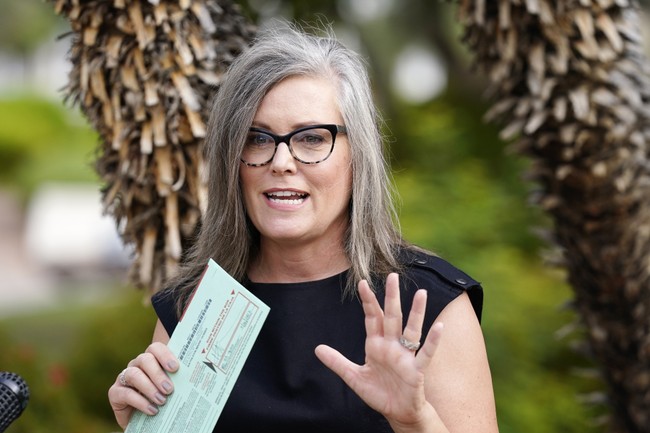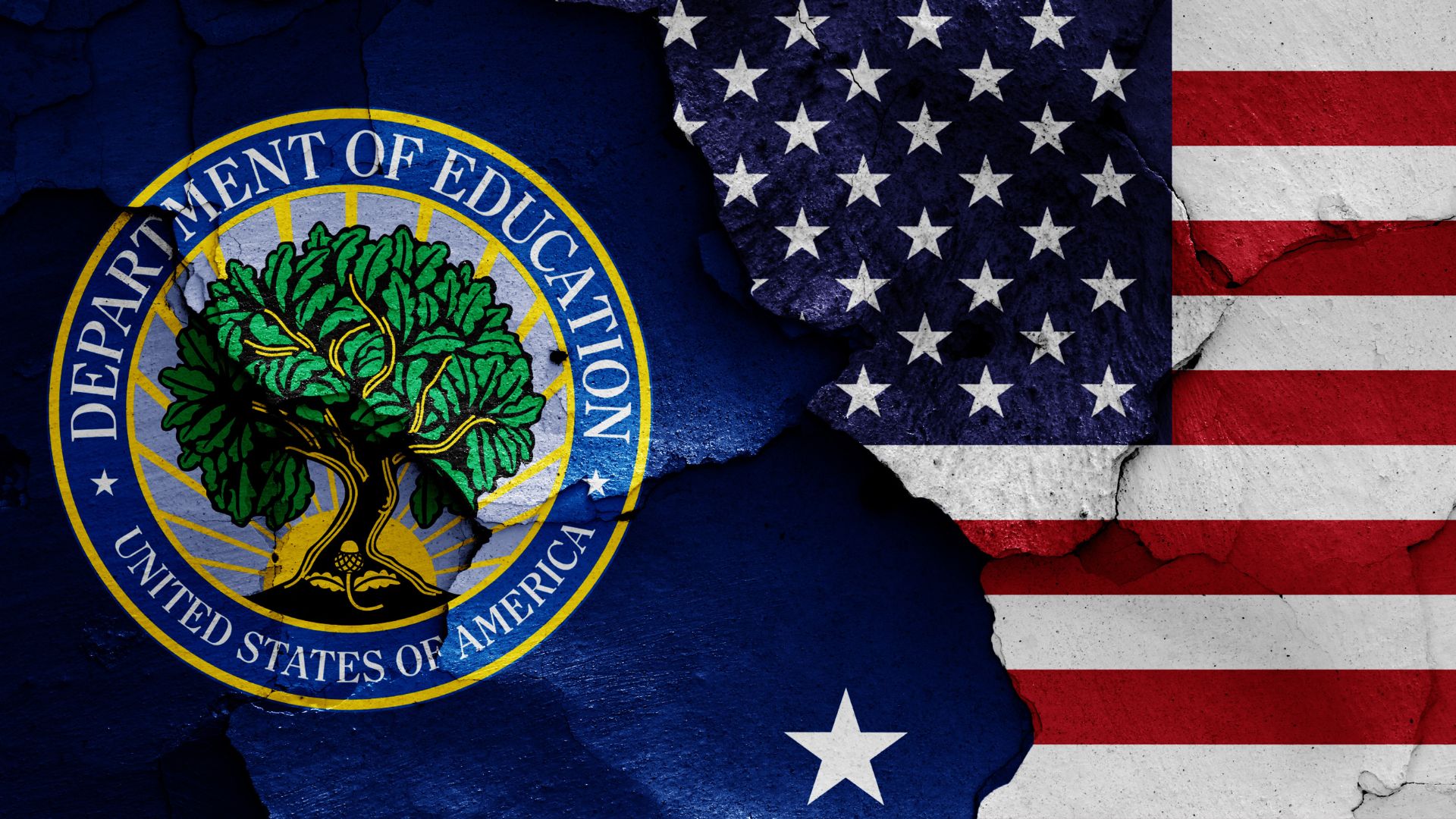Arizona’s Democrat Governor, Katie Hobbs, recently vetoed a bill aimed at preventing China from buying land near military bases. This decision has raised eyebrows, especially considering China’s reputation as a significant geopolitical rival to the United States. Many see this as a missed opportunity to bolster national security after incidents like the 2023 spy balloon incident.
Governor Hobbs argued that the bill, known as S.B. 1109, wouldn’t effectively counter espionage or directly protect military assets. Her stance has sparked criticism from national security advocates. State Senate Majority Leader Janae Shamp highlighted recent Chinese attempts to acquire property near Luke Air Force Base, emphasizing the potential risks.
Andy Biggs, a Republican eyeing the governor’s seat in 2026, expressed his disagreement with Hobbs’ decision. He stated, “There’s no excuse for Katie Hobbs to veto a bill that prohibits the CCP from buying Arizona land.” Biggs promised to prioritize the bill if elected, aiming to safeguard both Arizonans and military interests.
Hobbs’ veto isn’t her first controversial move. She’s faced backlash for rejecting a bill addressing squatter removal, igniting debates over property rights. Critics argue that her decisions often align more with progressive agendas than practical solutions.
Despite the veto, there’s still hope for the bill’s supporters. If the legislature can rally enough support, they might override Hobbs’ decision. The governor cited concerns over “clear implementation criteria” and “arbitrary enforcement” as reasons for her veto.
Lawmakers had attempted to address these concerns through bipartisan amendments. Initially, the bill targeted various national security threats, but it was refined to focus solely on Chinese government-linked entities. This effort was seen as a compromise to mitigate fears of discrimination in land sales.
Prominent conservative voices have not held back in their criticism of Hobbs. Joe Pags Pagliarulo, a well-known commentator, called her decision “sick,” urging journalists to question her motives. The sentiment reflects a broader frustration with her leadership among conservatives.
Michael Lucci of State Armor Action, a conservative security group, weighed in on the issue. He criticized Hobbs for downplaying the national security risks associated with Chinese land acquisitions near critical assets. Lucci’s comments echoed the widespread concern about safeguarding American interests.
The debate around this bill highlights the larger political divide in Arizona. Many conservatives argue that Hobbs’ actions don’t prioritize America’s safety and sovereignty. They see her decisions as aligning with a globalist agenda that undermines national security.
The Democrat Party’s popularity has taken a hit as voters express dissatisfaction with their policies. The globalist agenda, which many Democrats are accused of supporting, is increasingly unpopular. This discontent is fueling efforts to expose and challenge their plans.
Conservatives are rallying to counteract what they see as dangerous paths being proposed by left-leaning politicians. Groups like RedState are actively encouraging people to join their cause and resist these agendas. They offer platforms for those who feel their values are under threat.
The fallout from Hobbs’ veto continues to unfold, with many watching to see how the legislature responds. The bill’s fate could have significant implications for Arizona’s political landscape. As tensions rise, the debate underscores the enduring divide between conservative and progressive ideologies.
Amidst the political drama, the security of military installations remains a top priority for many Arizonans. The potential for foreign influence near these critical sites is a concern that transcends party lines. Ensuring the protection of American assets is a shared goal, despite differing approaches.
Supporters of the bill vow to keep fighting, believing that their cause is just and necessary. They argue that protecting land near military bases from foreign acquisition is a commonsense measure. This issue resonates with those who prioritize national security above all else.
As the situation develops, many Arizonans are left questioning their governor’s priorities. The decision to veto a bill with such clear security implications is baffling to some. Critics argue that Hobbs’ actions do not reflect the values and concerns of her constituents.
The conversation around this bill serves as a microcosm of the broader national debate. It highlights the challenges of balancing economic interests with national security concerns. As political battles continue, the importance of safeguarding American sovereignty remains at the forefront.
The controversy has also sparked discussions about the influence of foreign investments in the U.S. Many see this as a growing threat that needs to be addressed with firm legislation. The debate is far from over, and the implications of Hobbs’ veto will likely be felt for some time.



